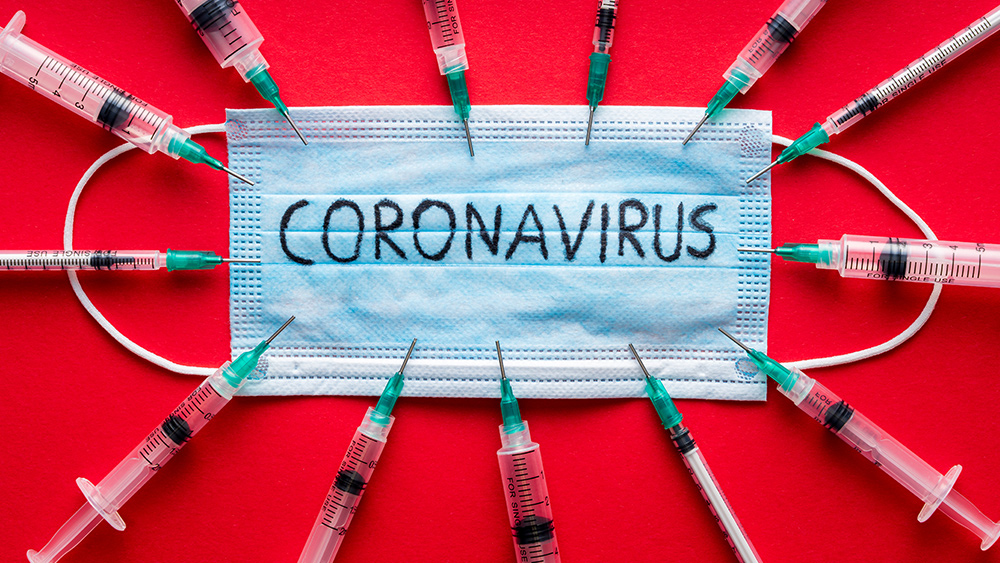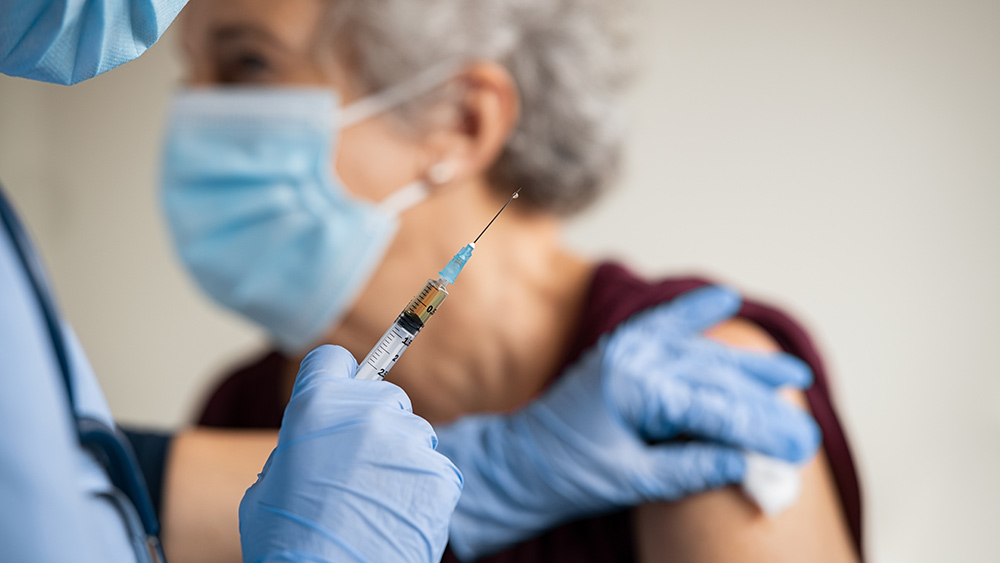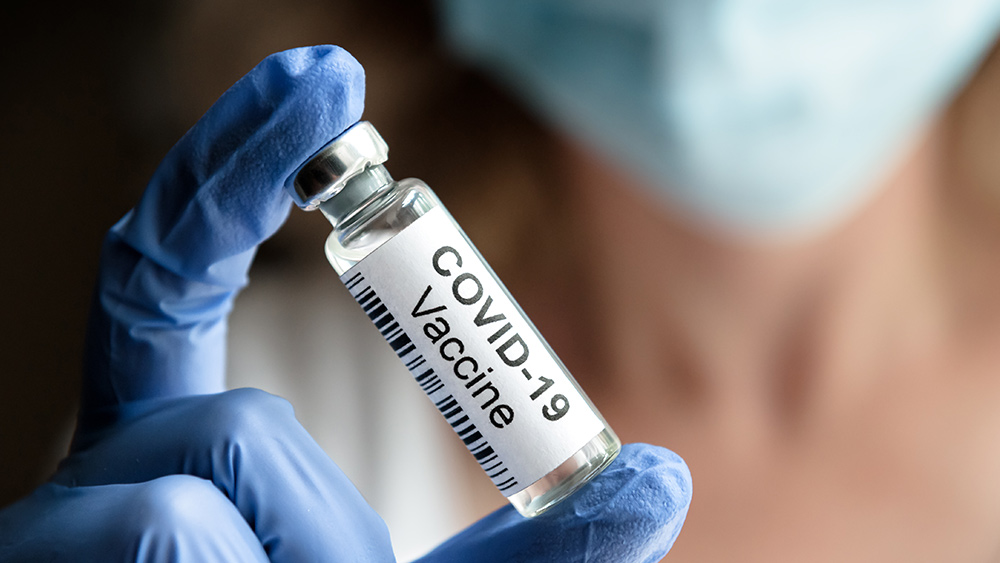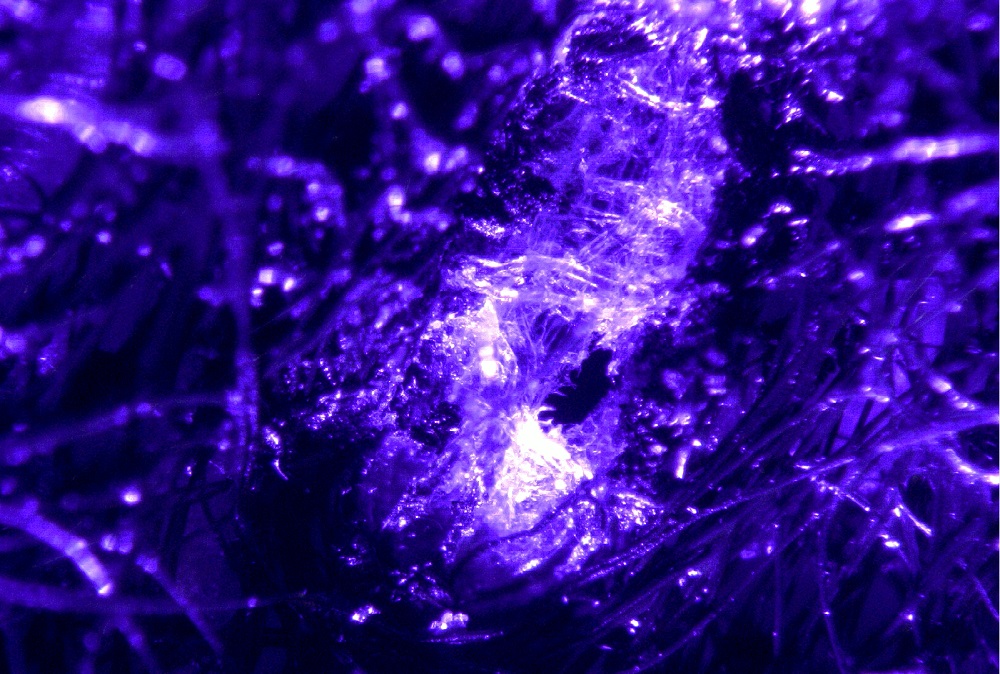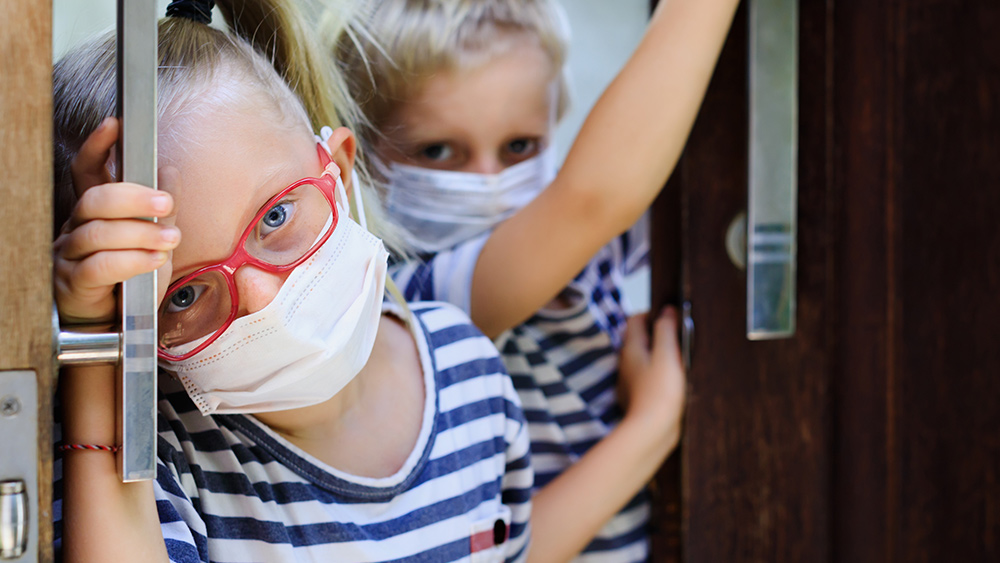Study finds Pfizer coronavirus vaccine puts people at HIGHER risk of covid “variants”
04/26/2021 / By Ramon Tomey

A study performed in Israel warned that the Pfizer/BioNTech COVID-19 vaccine puts people at higher risk for variants of concern. It elaborated that those who complete both doses are eight times more likely to contract the South African B1351 strain. The study also pointed out that people who received one dose of the BNT162b2 mRNA vaccine were also more susceptible to contracting the U.K. B117 variant.
A team of researchers from the Tel Aviv University (TAU) and Israeli health care provider Clalit Health Services conducted the study. The team looked at COVID-19 test results of 800 Israelis. Half of these came from those who were vaccinated with Pfizer, while the other half came from unvaccinated citizens.
The study aimed to determine if immunized people were more likely to contract Wuhan coronavirus variants of concern compared to non-immunized people. It found that the South African B1351 variant was eight times more prevalent in those who completed the two doses of the vaccine vis-à-vis unvaccinated people – at 5.4 percent versus 0.7 percent.
The study also found that the U.K. B117 variant was more prevalent in people who got only one dose. However, the degree of the B117 strain infecting those who got two doses of the Pfizer/BioNTech vaccine was the same as its South African counterpart.
Lead researcher and TAU professor Adi Stern said: “We found a disproportionately higher rate of the South African variant among people vaccinated with a second dose, compared to the unvaccinated group. This means that the South African variant is able, to some extent, to break through the vaccine’s protection.” She told the Times of Israel: “Based on the patterns in the general population, we would have expected just one case of the South African variant, but we saw eight.”
However, Stern remarked that their study’s sample size is too small to determine the extent of the South African strain’s ability to bypass vaccine-induced immunity. “We can say it’s less effective, but more research is needed to establish exactly how much,” she commented.
According to the study, the B1351 variant comprised about one percent of all COVID-19 cases in the analyzed COVID-19 test results. Stern seconded this figure, saying that the South African strain’s prevalence in Israel is very low – about one percent of all recorded infections.
Even the two-dose Pfizer/BioNTech vaccine cannot entirely protect against other variants
The more contagious B117 variant first found in the U.K. first arrived in Israel in early January. It quickly spread throughout the country and became responsible for more than 90 percent of COVID-19 cases there. However, Stern posited that the B117 strain’s prevalence managed to keep the B1351 variant from spreading.
She remarked: “It is possible that the extensive spread of the British variant is blocking the spread of the South African variant. Because it spread so effectively, it didn’t allow the South African variant to spread.” The TAU researcher compared the British strain’s faster spread to “winning the competition.”
Clalit Director of Research Ran Balicer called the study “very important” because “it is the first in the world to be based on real world data.” He continued: “These preliminary findings [necessitate] close continued attention to the dissemination of this strain in Israel, emphasizing the need for epidemiological monitoring and systematic sequencing, in order to contain further spread of the South African variant.”
Balicer also remarked that the results call for continued vigilance to prevent infection – through measures such as wearing face masks and practicing social distancing.
The Israeli government adopted the two-dose Pfizer/BioNTech vaccine – which the study focused on – to protect its population from the Wuhan coronavirus. According to a report by the Washington Examiner, 53 percent of Israel’s 9.3 million population have received the BNT162b2 mRNA vaccine. The Middle Eastern country also purchased doses of another mRNA COVID-19 vaccine from Massachusetts-based drug firm Moderna, albeit rarely used.
The study by Stein and her colleagues appears to bolster earlier research done by Ben-Gurion University of the Negev (BGU). Last month, BGU scientists found that the Pfizer mRNA coronavirus vaccine is less effective against the South African strain based on analysis of blood samples taken from vaccinated Israelis. While Pfizer produces high antibody levels against the generic coronavirus strain and the B117 variant, it only moderately neutralized the B1351 strain.
Lead researcher Ran Taube remarked: “Our findings show the vaccine is less effective against the South African strain, but the efficacy still exists.” He and his colleagues noted in their March 2021 study that their findings “call for a close attention of variant spread, and a [possibility] for new vaccines with improved neutralizing potency against SARS-CoV-2 variants.”
Visit Vaccines.news to read more news about mRNA vaccines against the Wuhan coronavirus.
Sources include:
Tagged Under: B117 strain, B1351 strain, BioNTech, coronavirus infection, coronavirus vaccine, covid-19 pandemic, covid-19 testing, mutations, Pfizer, vaccine wars, vaccines, variants, variants of concern, Wuhan coronavirus


